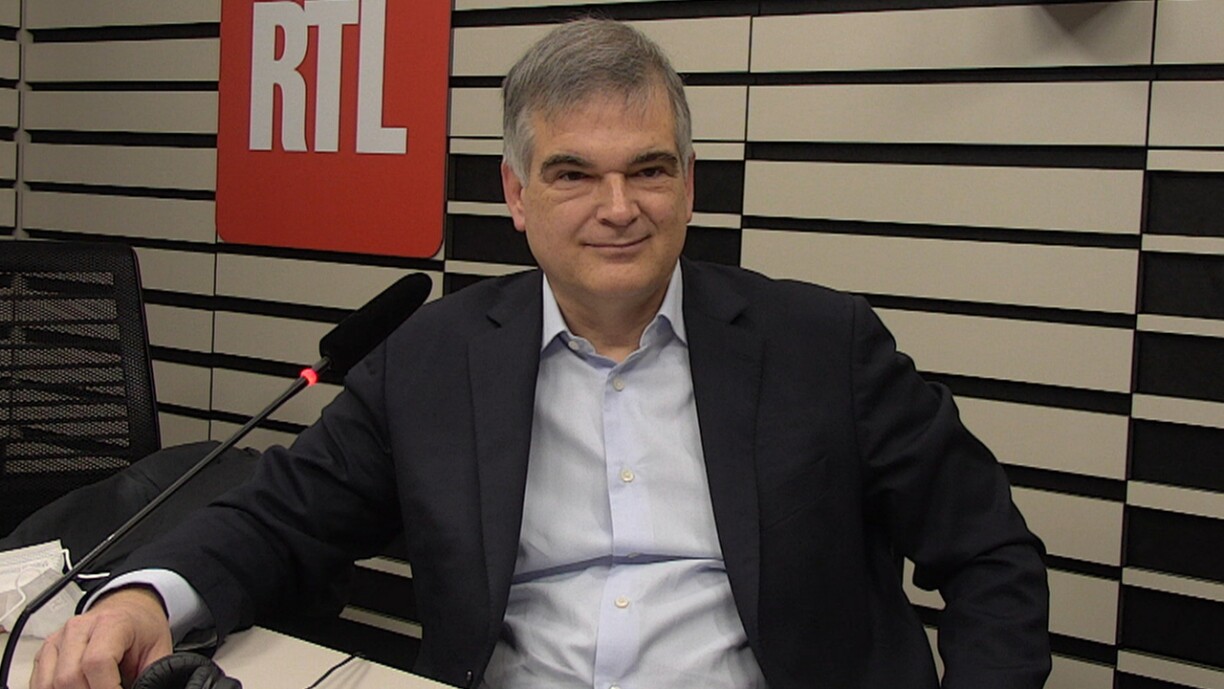
The commission employs more than 1,000 agents across the country, who are constantly checking up on banks and financial institutions. Marx emphasised that while smaller infringements were identified and punished on a daily basis, the number of grave delinquencies remained manageable. He also conveyed that the supervisory task would be immensely supported by the findings and statements of whistleblowers.
Since the supervision of the financial sector in Luxembourg is celebrating its 75th anniversary, a special book, as well as a movie, have been published and released. While both productions focus on the series of financial scandals CSSF dealt with over the years, the most controversial cases, such as the Panama Papers or LuxLeaks affaire, only made it into the book, Marx explained.
When asked about the success formula of the Luxembourgish financial market, Marx noted that the greatest strength of the sector lies in the amount of experience made over the past 30 to 40 years. Brexit reaffirmed this notion, with increasing demands from financial institutions to relocate to the Grand Duchy.
Marx also argued that Luxembourg would no longer be a supervision free country where taxes can be avoided at all costs. “We have increased transparency in that regard, people can no longer hide the origins of their wealth.”
When asked about the Specialised Investment Funds, the taxation of which recently caused for some political disputes, Marx explained that the current model derived from an attempt to avoid the double taxation of citizens.